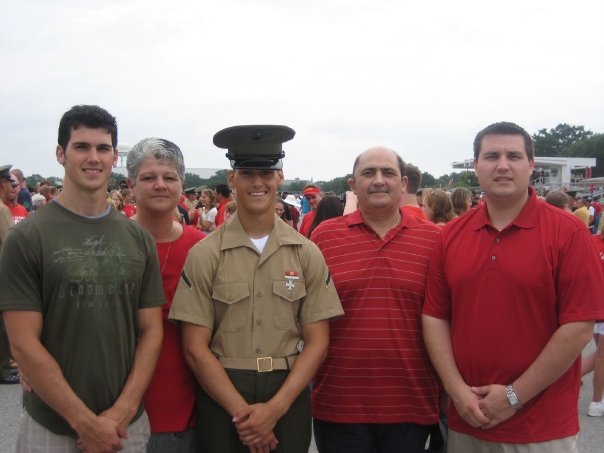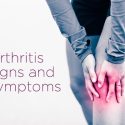What you’re really buying when you purchase health care coverage
By Joe Vennare
Everything was great, until it wasn’t.
Having recently graduated from college, I took a job teaching middle school social studies at a school for adjudicated youth in North Carolina. It was my first real job, and a good one at that. Unfortunately, it wouldn’t last.
A few months after the school year began, around the time I was able to recall each student’s name from memory, I received news that would change my life forever. My father had been diagnosed with terminal brain cancer. The prognosis didn’t look good. It was time to move back to Pittsburgh to be with my family and help care for my father.
We were fortunate, in a sense — as much as we could be in such a dire situation. My family had incredible health insurance. My father, who had to undergo emergency brain surgery to remove a tumor the size of an orange, was able to receive treatment immediately. Next came countless rounds of chemotherapy and radiation.
The learning curve was steep for a twenty-something kid. While our mom worked, my brothers and I became personal caregivers for our dad. In addition to day-to-day responsibilities, I received an impromptu education in medical bills and insurance papers. Tens of thousands of dollars’ worth of treatments were racked up almost overnight.
But like I said, we were somewhat fortunate. No, my father wasn’t among the few who beat cancer. His life wasn’t spared. He lost his battle with cancer in 2009. My life hasn’t been the same since.
The tiny shred of good fortune I’m referring to in this otherwise tragic situation — one of the few things from this period in my life I can take comfort in — is the fact that my dad was always cared for. He was never forced to forgo or postpone treatment. Never further burdened with the knowledge that his illness would hamstring his family financially. Our final months and weeks together were not overshadowed by worries about how we would pay for the hospice care that allowed my father to remain at home instead of being hospitalized.
Everything was great, until it wasn’t.
This phrase came to mind when it was time for me to opt into or elect not to pay for health care. I thought about it for a few days.
To be honest, it seemed unnecessary. I’m young. I’m fit. I don’t have a health-related care in the world.
But the more I thought about it the more I realized that there was really only one option: to purchase health care. My mind flashed back to memories of my father’s medical bills. Hundreds of thousands of dollars. Despite the fact that his circumstance was an isolated and extreme one, how could I take the risk in good conscience? Truth is, I couldn’t.
Given the fact that an overnight stay at the hospital can cost upwards of $10,000 per night, and treatment for a broken arm can soar to something like $7,500, the effects associated with being uninsured can linger long after illness has passed. Beyond the point when a broken bone heals.
Everything is great, until it isn’t.
Yes, having health insurance is hedging for future events we hope will never happen. It’s paying to minimize risk without knowing if there’s even risk that needs minimizing. So does that mean we don’t need health insurance?
Absolutely not. We wear seatbelts not because we expect to be in a car accident, but to be protected in the event that we are. Similarly, we pack an umbrella in case it rains without knowledge that it actually will. Heck, most people pay to insure their phone to guard against unknown outcomes. When you think of it that way, opting not to protect your greatest asset — your health and well-being — is nothing short of reckless.
While it’s true that none of us anticipate becoming ill, or expect to need urgent medical treatment, it’s best to be prepared in the event that we do. Because, as I’ve learned, everything is great until it isn’t. And should things begin to slide from great to good, then crash to not-so-good or worse, the peace of mind that comes with being prepared is worth more than the monthly payments that made it possible.
Joe Vennare is the co-founder and editor of Fittsburgh. As a writer, fitness professional, and entrepreneur, Joe is on a mission to make Pittsburgh the healthiest city in the nation.




